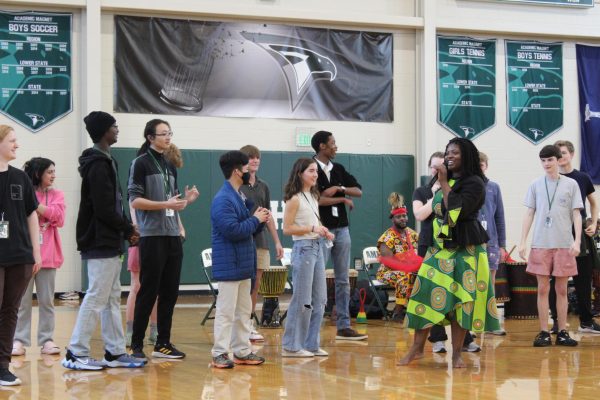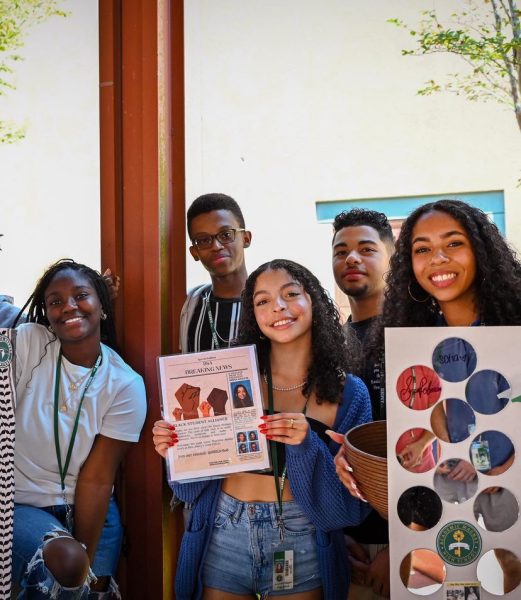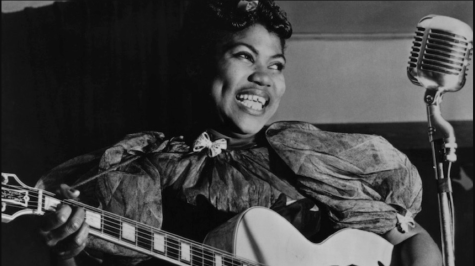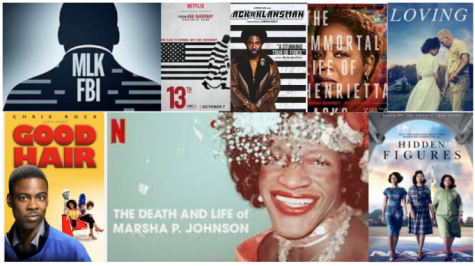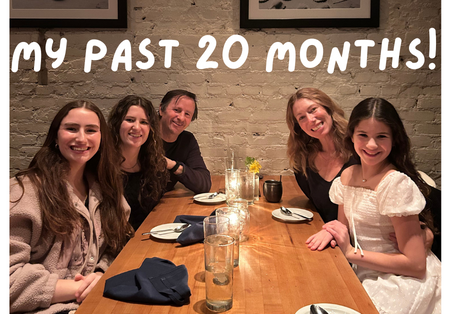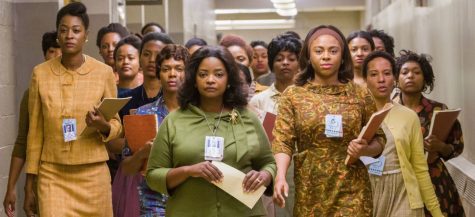BHM Highlight: Mary Church Terrell
A Pioneer Racial Justice & Black Feminism!
During Black History Month, it’s important to uplift Black voices, both past and present. Today’s education can be very white-washed, so it can be important to do your own research and learn about non-white figured in history. This article is centered around Mary Church Terrell, a lesser talked about leader in both the Civil Rights Movement and the Women’s Rights Movement.
Mary Church Terrell was an inspiring activist for anti-racism and feminism. Her activism began in 1892, when her friend Thomas Moss was lynched by whites whose business was competing with his. Terrell and Ida B. Wells began anti-lynching campaigns after this horrific event. Terrell’s activism focused on racial uplift, the idea that in order to reach racial equality, black people could advance themselves through education, work and activism. Based on equal opportunities for races, Terrell wanted to empower black people and the motto of the NACW became “Lifting as we climb.”
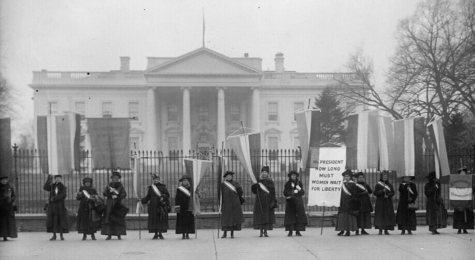
Isolated from white feminists in the movement, Mary Church Terrell founded the National Association of Colored Women in 1896. She served as President from 1896-1901.
Terrell campaigned among multiple organizations and actively campaigned for Black Women’s Suffrage. Already aware of the significance of intersectionality, she alluded to how she belonged “to the only group in this country that has two such huge obstacles to surmount…both sex and race”. Her passion for women’s suffrage and intersectionality was prevalent, and she even picketed the Wilson White House with members of the National Woman’s Party. Her activism does not stop here. In 1909, she became one of the founders and charter members of the National Association for the Advancement of Colored People. Shortly after in 1910, she founded the College Alumnae Club, later named the National Association of University Women.
Terrell’s activism followed her throughout the rest of her life. After the passing of the 19th Amendment, she continued to advocate for civil rights. She published her autobiography, A Colored Woman in a White World, highlighting her experiences with racism and discrimination as a POC woman. After winning an anti-discrimination lawsuit, Terrell became the first black member of the American Association of University Women. Fighting against segregation, she protested the John R. Thompson Restaurant in Washington, DC at age 86(in 1950). Terrell succeeded, as three years later the Supreme Court deemed segregation in eating facilities unconstitutional.
Mary Church Terrell was an inspirational activist in both Black Women’s Suffrage and civil rights as a whole. Even though she faced discrimination and was separated from white feminists in the Women’s Rights Movement, she overcame these obstacles and became a prominent activist. She enacted true change in the US, fighting for racial and gender equality throughout her entire life. Even in modern-day feminism, we can see a lot of white feminist principles becoming widespread. Terrell is another reminder that intersectionality is beyond important in feminism, and that white women will never experience the intersectional issues that black women do. For example, with the recent overturn of Roe v. Wade, some feminists have failed to mention the disproportionate effect that this will have on black women, facing a higher maternal mortality rate because of medical racism.
In looking at prominent events in history such as the Women’s Rights Movement, it’s important to expand beyond a white women’s lens and honor all significant activists. Especially during Black History Month, take the time to research some black historical figures you may not have learned about during school. Even though whitewashing history is prevalent in US schools, it is important to take steps to combat this type of learning.
Source-
https://www.womenshistory.org/education-resources/biographies/mary-church-terrell



